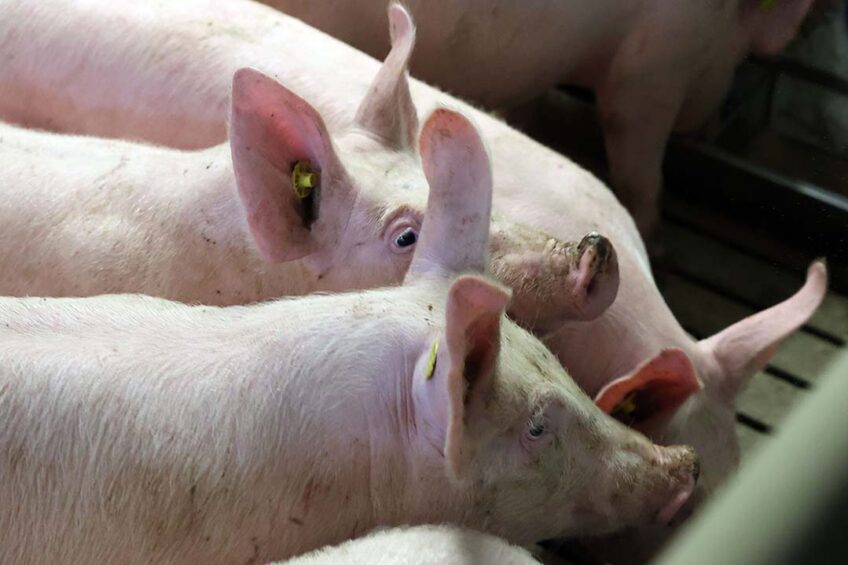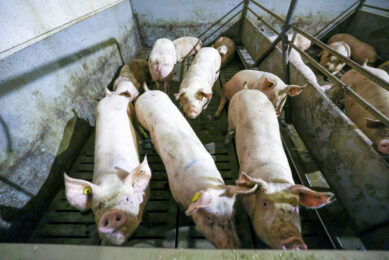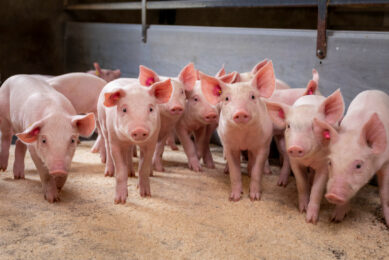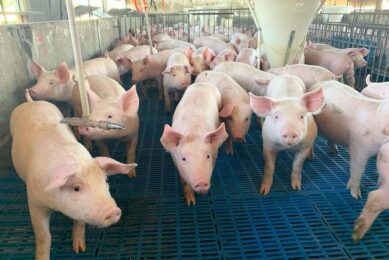New scientific discovery enables creation of better PRRS vaccines

Scientists at the University of Manitoba, Canada and the Leiden University Medical Centre in the Netherlands have recently announced an important discovery about the porcine reproductive and respiratory syndrome virus (PRRSv) that will enable the creation of better vaccines.
Dr Brian Mark (dean of the University of Manitoba’s faculty of science) and Dr Marjolein Kikkert (associate professor of virology at Leiden University) made the discovery while studying a protein produced by the virus that suppresses a pig’s immunity and leads to severe illness. They noted that changing the structure of this protein will allow the creation of altered strains of the virus, which in turn can form the basis for new vaccines.
“What we have uncovered is a unique theme of the biology of the virus,” Dr Mark told a local media outlet. “The information that was gleaned from our studies, that provide information about the biology of how these families of viruses work as a whole, can help contribute to the vaccines against all the viruses that are within that family.”
Proteins and DNA
In a new paper in the journal Frontiers in Immunology, a team of scientists in China notes that not only do a multitude of host proteins actively participate in intricate interactions with viral proteins in the PRRS disease progress, “but microRNAs (miRNAs) also play a pivotal role in the host response to PRRSv infection.”
“If a PRRSv–host interaction at the protein level is conceptualised as the front line of the battle between pathogens and host cells, then their fight at the RNA level resembles the hidden front line.”
The discovery by Dr Mark and Dr Kikkert is another example of what these Chinese scientists describe as “substantial advancements that have been achieved in recent years towards comprehending the pathogenesis of PRRSv infection and the host response.”
Vaccine development
Vaccines for PRRS have been around for most of the past decade. Some business analysis firms peg the global PRRS vaccines market at US$ 342 million in 2023, with a projected US$ 677 million market by 2030.
In a brand new genetics study of the PRRSv by a team from Nepal, China and the UK, scientists note that an important tool in increasing vaccine efficacy and improving diagnostic testing is to monitor and genotype circulating forms of the virus from around the world.
They explain that “control of PRRSv is… very challenging due to the high genetic variability of the virus.”
Eradication and genetics
In other PRRS news, the government of Chile has just announced the country is now free from the disease. This multi-pronged eradication effort took 9 long years.
Progress also continues to be made to bring gene-edited pigs resistant to PRRS to market.











